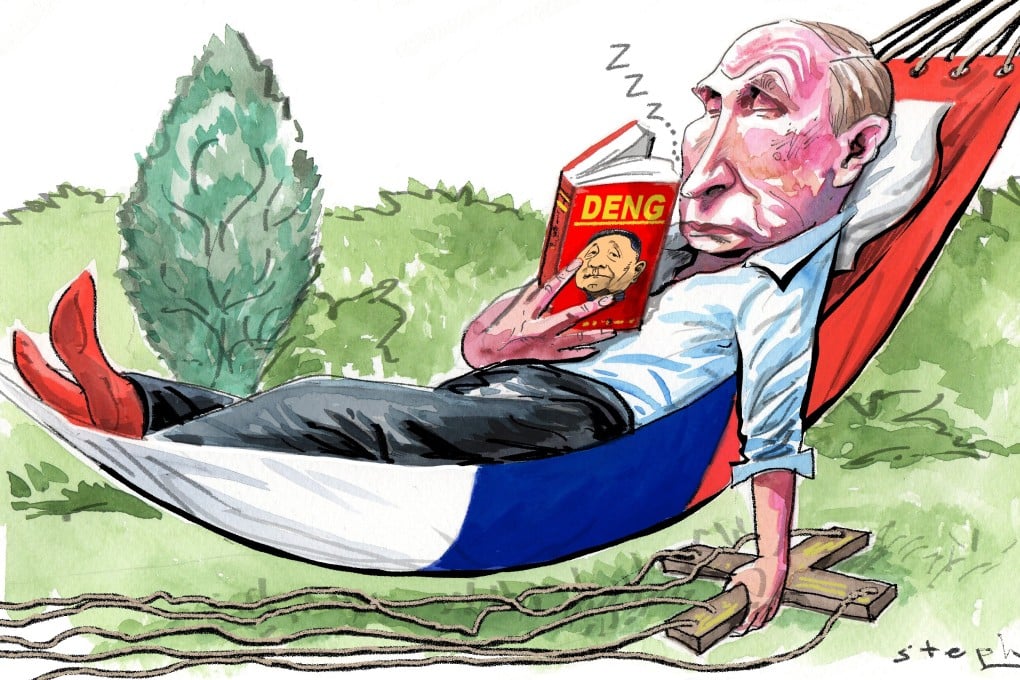Advertisement
Opinion | Putin’s reforms may be more about legacy building than power grabbing as he looks at retirement, Deng Xiaoping-style
- After 20 years, Putin may be looking to protect his legacy by negotiating a controlled power handover in Russia, retiring from day-to-day administration while keeping a firm hand on policy direction as Russia’s father figure – much as China’s Deng Xiaoping did
Reading Time:4 minutes
Why you can trust SCMP

A popular joke in Russia goes: “One cannot choose one’s parents, country, or the president.” In his annual state-of-the-nation address earlier this month, President Vladimir Putin seemingly confirmed this when he announced yet another major constitutional reform, which many fear is a thinly veiled attempt to maintain power beyond 2024 when his presidency is scheduled to end.
Advertisement
The latest reform aims to first, strengthen the role of parliament and the prime minister, and second, strengthen State Council powers. This council is an advisory body to the president dealing with the most important affairs of state. Incidentally, it was decreed by Putin during his first year as president back in 2000.
Given that Putin previously altered the constitution to allow his return as president for a previously unconstitutional third term in 2012, it is unsurprising that few are giving him the benefit of the doubt this time, even if his tabled reforms are, on paper at least, quite positive.
The most popular theory is that Putin’s constitutional reforms are an attempt to lay the foundations for a switch from president to prime minister in 2024. Another popular theory is that he might entrench himself in the State Council and rule from the shadows.
The context of this announcement also has people curious as to the permutations of these reforms. Under Putin, Russia has experienced a civilisational revival with significant implications for its foreign policies, especially in territories formerly part of the Soviet Union.
Advertisement

Advertisement

